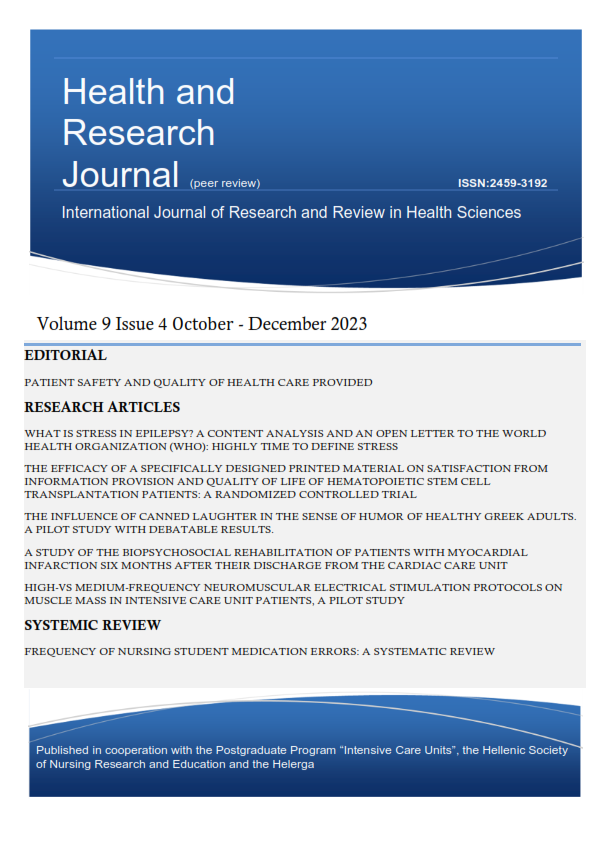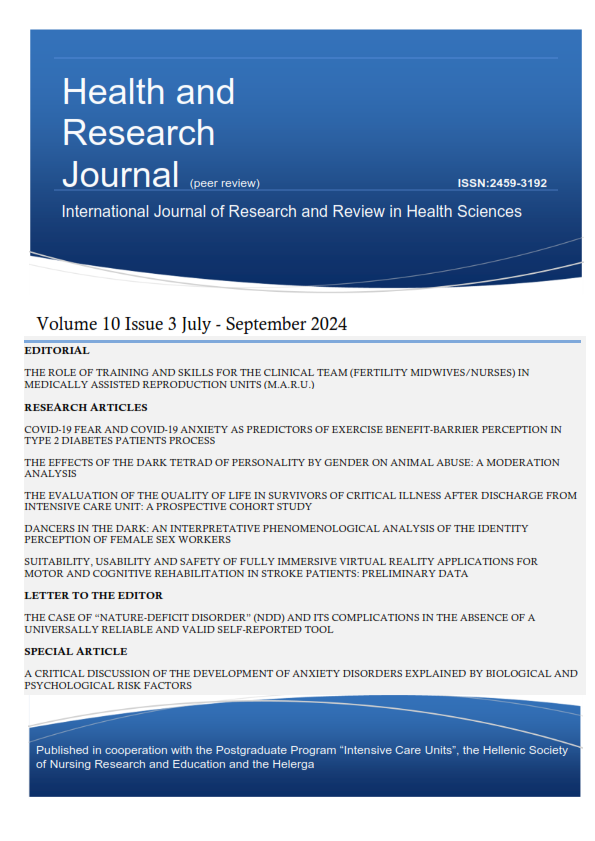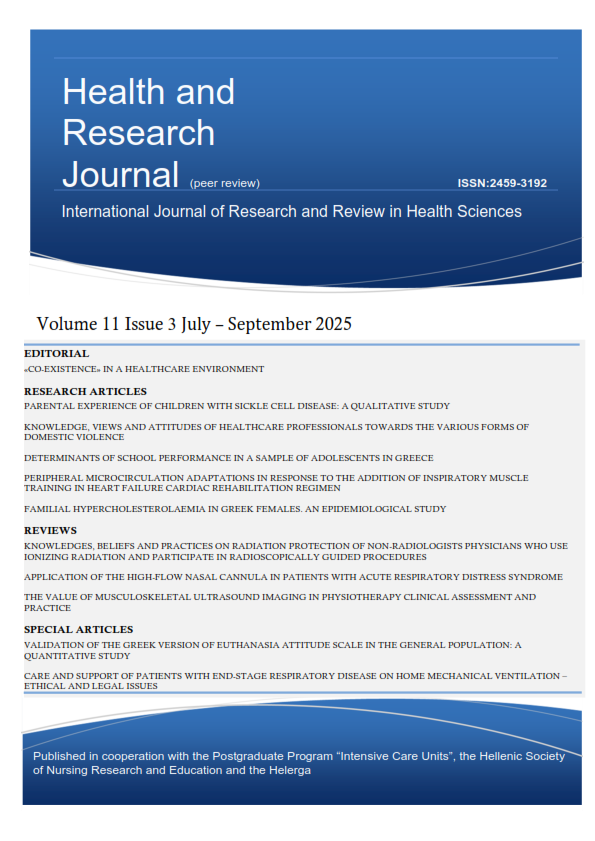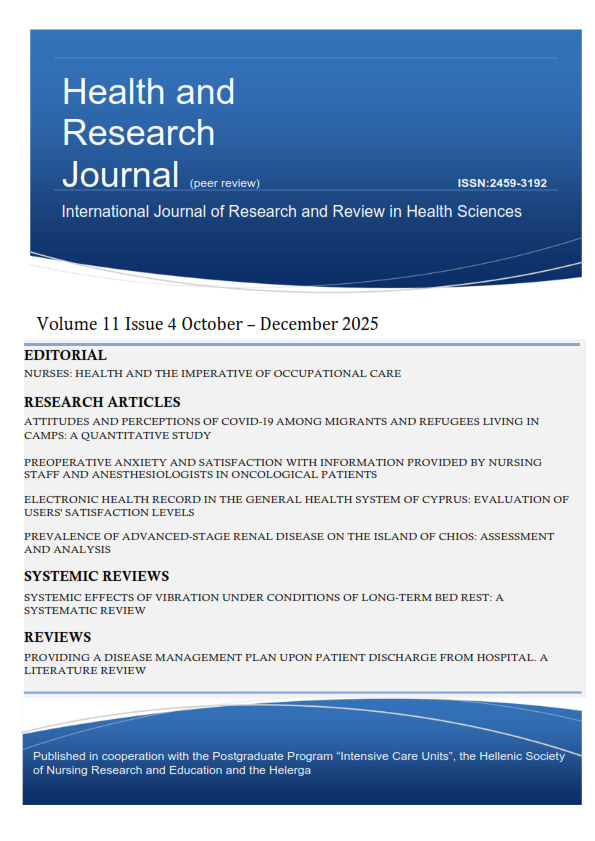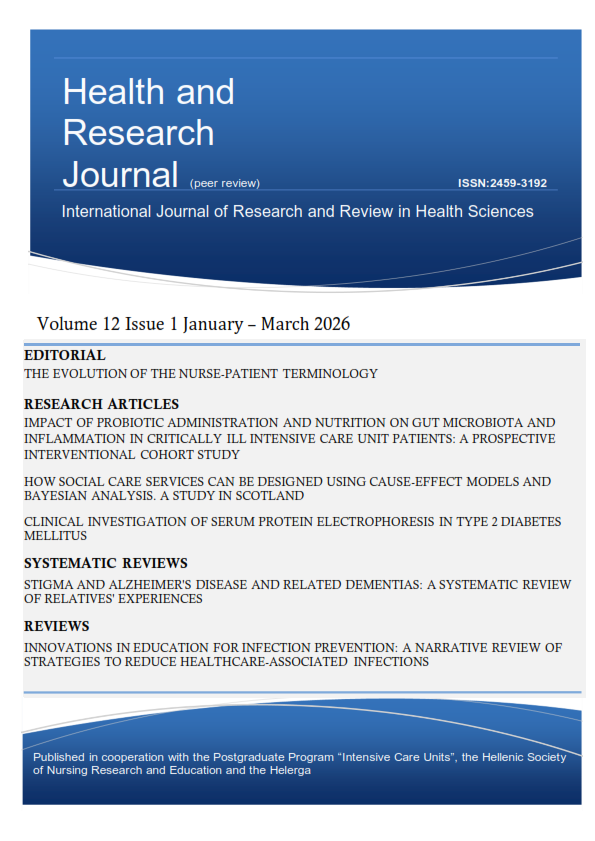The efficacy of information interventions for patients undergoing hematopoietic stem cell transplantation: A systematic review of randomized trials
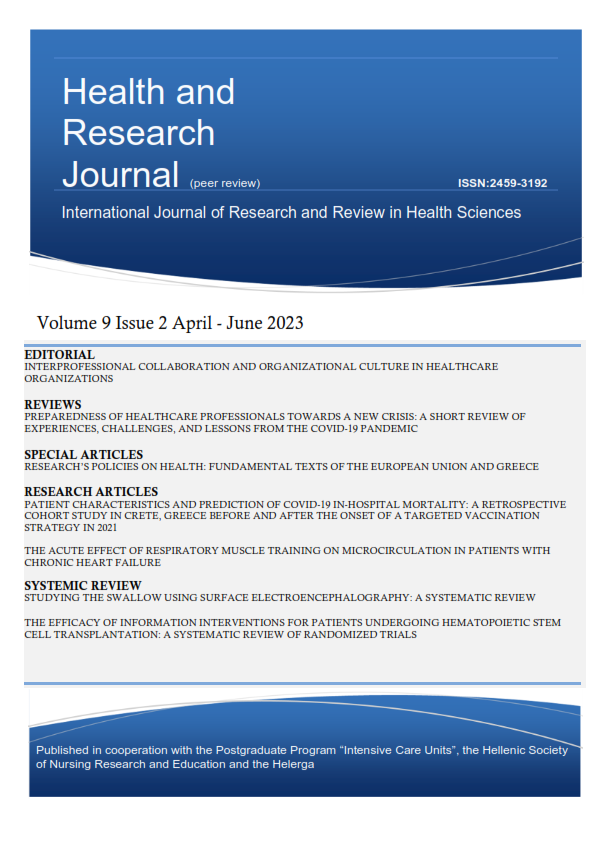
Abstract
Background: The provision of information to patients is one of the most important factors of supportive cancer care. We conducted a systematic review to detect information-giving interventions and their impact on quality of life, psychological distress and satisfaction of hematopoietic stem cell transplant (HSCT) patients.
Methods: Randomized controlled trials (RCTs) from 2010 to 2021 in Pubmed, CINAHL, Cochrane Library and Scopus databases were reviewed.
Results: Eight RCTs with total of 1550 HSCT patients enrolled were identified. Most studies indicated that groups exposed to interventions displayed higher rates of satisfaction. However, the minority of the studies produced significant benefits in terms of distress and quality of life. RCTs were heterogeneous regarding sample size, diagnosis, transplant type and follow-up duration.
Conclusion: Additional research is needed to make definitive conclusions. More longitudinal multicenter studies with consistency in the methodological approach, assessment and interpretation are necessary.
Article Details
- How to Cite
-
Kiropoulou, A., Katsareli , M., Vasileiadis , I., & Nanas , S. (2023). The efficacy of information interventions for patients undergoing hematopoietic stem cell transplantation: A systematic review of randomized trials . Health & Research Journal, 9(2), 115–130. https://doi.org/10.12681/healthresj.33473
- Section
- Systematic Reviews
Copyright notice:
Authors retain copyright of their work and grant the Health and Research Journal the right of first publication.
License:
Articles are published under the Creative Commons Attribution 4.0 International License (CC BY 4.0). This license permits use, sharing, adaptation, distribution, and reproduction in any medium or format, including for commercial purposes, provided that appropriate credit is given to the author(s) and the original publication in this journal, a link to the license is provided, and any changes are indicated.
Attribution requirement:
Any reuse must include the article citation and DOI (where available), and indicate if changes were made.



